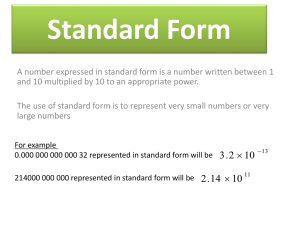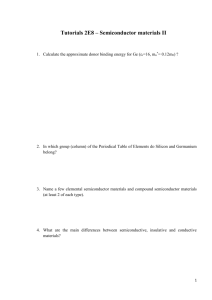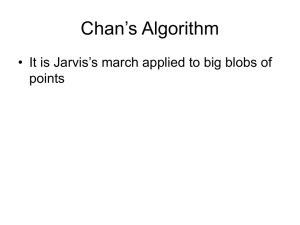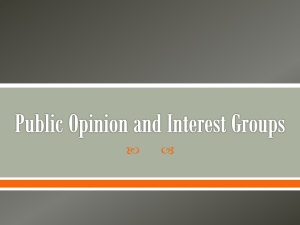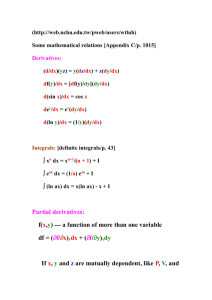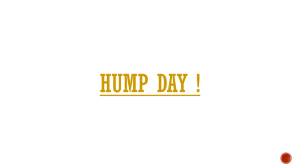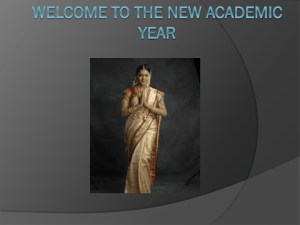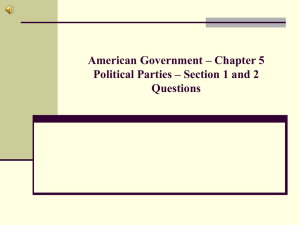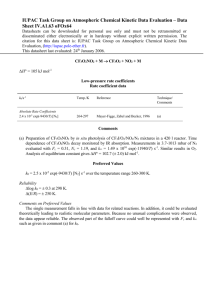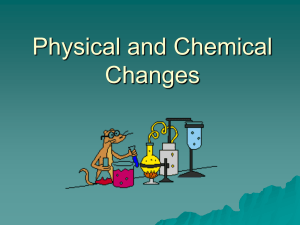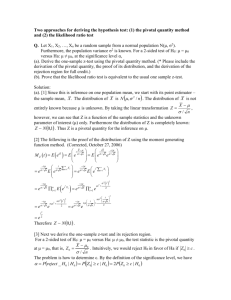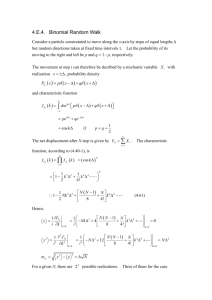Chapter 16: Political Parties
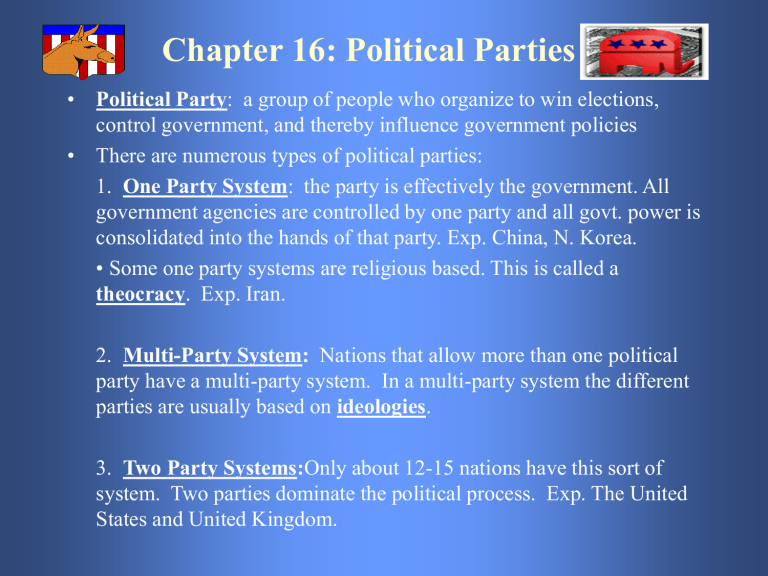
Chapter 16: Political Parties
•
Political Party : a group of people who organize to win elections, control government, and thereby influence government policies
• There are numerous types of political parties:
1. One Party System : the party is effectively the government. All government agencies are controlled by one party and all govt. power is consolidated into the hands of that party. Exp. China, N. Korea.
• Some one party systems are religious based. This is called a theocracy . Exp. Iran.
2. Multi-Party System: Nations that allow more than one political party have a multi-party system. In a multi-party system the different parties are usually based on ideologies .
3. Two Party Systems: Only about 12-15 nations have this sort of system. Two parties dominate the political process. Exp. The United
States and United Kingdom.
Growth of American Parties
• America’s two party system grew from our British colonial origins of the Whig party and the Tory party.
• The founding fathers initially ‘factions’ because they felt there were harmful to national unity. President Washington warned against the rise of political partied in 1797.
• There were initially two major American Political Parties:
1. Federalist
2. Democratic-Republican
• The Federalist party splintered around 1814, and the Democratic-
Republican Party became the Democratic Party.
• 1828, the Democratic Party split in half over regional issues and
Andrew Jackson. One half split into the Whig party.
• By the time of the Civil War the current two party system that we have today came into being.
1. Democratic Party
2. Republican Party
•The Republican Party began as a third party in 1856, but
Abraham Lincoln was elected President due to a split in the Democratic Party over slavery.
1860 Election
Candidate Party Electoral Popular
Abraham Lincoln , Republican 180 1,867,198
J. C. Breckinridge, Democrat 72 854,248
John Bell, Constitutional Union 39 591,658
Stephen A. Douglas, Democrat 12 1,379,434
Parties since the Great Depression and WWII
• 1932 Franklin D. Roosevelt won the Presidency, and he and his Vice President Harry Truman controlled the White
House for 24 years. The Democratic Party controlled one or both Houses of Congress until 1994.
The Role of Minor Parties
• The two major parties dominate American politics but minor parties will sometimes make a difference in an election or on an issue
Third Party : any party other than the major two parties.
• There are different types of third parties:
1. Single Issue Parties : focuses exclusively on one major social, economic, or moral issue. Single Issue parties generally fade away after the issue is resolved or fades from public interest. Exp. 1840’s Liberty Party (abolition of slavery)
2. Ideological Party : Focuses on overall changes in society rather than a single issue. Exp. The Socialist Labor Party or
Communist Party USA.
3. Splinter Party : splits away from one of the major parties because of some disagreement. Exp. 1912 Theodore Roosevelt broke away from the GOP to form the Progressive, or “Bull
Moose” Party. Splinter parties typically fade away if they can not gain voters attention.
The Impact of Third Parties
• Although third parties rarely win elections they can influence the outcome of elections. Exp. Teddy
Roosevelt’s Bull Moose Party took enough votes from the
GOP that Democrat Woodrow Wilson was elected
President. (chart pg. 456)
Obstacles to Third Parties
• Not automatically on ballot
• U.S. elections are based on single-member districts which hurt third party candidates.
Single-member Districts : electoral district where regardless of how many candidates there are, only one will win.
“winner take all.”
Proportional Representation : several officials are elected to represent voters in an area. Offices are filled in proportion to how many votes a party receives.
• Local Party Organization
Precinct : basic local party unit. A voting district ranging from a few voters to more than 1000.
Precinct Captain : volunteer who organizes party workers to distribute information about the party’s candidates.
Ward : several adjoining precincts.
Each county party will select a county chairperson. The chairperson is the head of the party in the county and holds rank in the state party organization.
• County and local political parties rely on volunteers to make them work.
